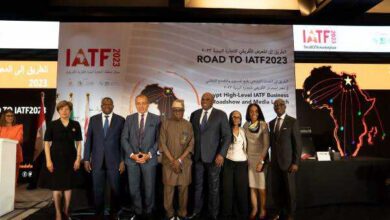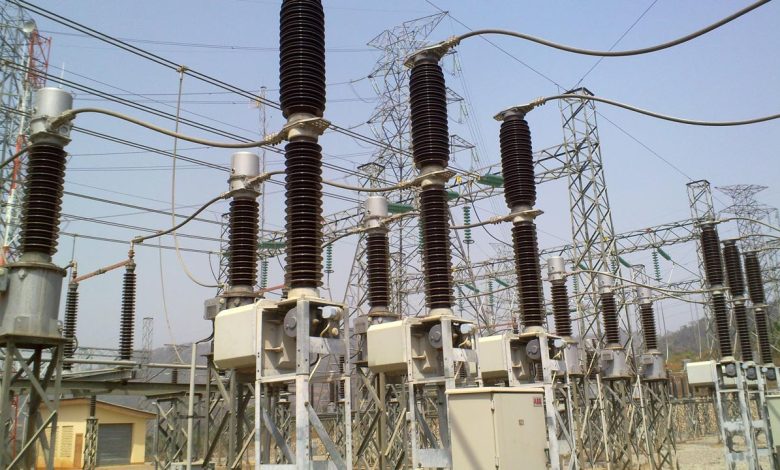
In most parts of the world, the more investments in terms of funding and equipment the government provides for power generation and distribution, the better services the citizens enjoy, but the reverse is the case in Nigeria. Since the democratic dispensation began in 1999, successive administrations have invested huge amounts of money in the country’s power sector. JOHNMARK UKOKO writes that despite the huge funding and investments in the sector, perpetual darkness has remained the lot of Nigerians and businesses in the country.
Since 1999 when democratic governance began till date, successive administrations have, as a matter of policy, invested huge resources in foreign and local currencies in the country’s power sector.
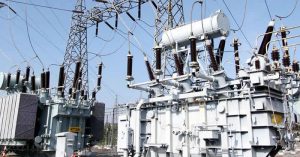
From former presidents Olusegun Obasanjo and Goodluck Jonathan to the President Muhammadu Buhari administration, the governments have, as a matter of deliberate policy, engaged eggheads to man the country’s power sector.
At the inception of his government, Obasanjo appointed the late Bola Ige to provide Nigerians with stable power supply and on assuming office, Ige assured Nigerians that he would turn stones into bread in the power sector, but when he was killed, the power situation deteriorated from bad to worse.
When Jonathan assumed power, he appointed Prof. Barth Nnaji to tackle the power challenges, but as of when he was removed from office, there was no noticeable improvement in the country’s power sector.
Nnaji even left the power situation worse than he met it, as his time as Minister of Power witnessed scandal due to his interest in private business in the power sector, especially in his home state of Abia.
On his part, President Buhari, who came to power on a change mantra, appointed former Lagos State Governor, Babatunde Raji Fashola, as Minister of Power. At his appointment, Nigerians who have seen his performance as Lagos State governor hoped that as Minister of Works, Housing and Power, the days of darkness were over.
Read Also: Cyriel Dessers emerges UEFA League top scorer
They had hoped that with Fashola at the helm of affairs in the power sector, generation and distribution would improve significantly, but as the years went by, Fashola’s reign in the sector proved another mirage, as power generation and distribution remained around 5,000 megawatts.
At the commencement of Buhari’s second term, he moved Fashola from the Ministry of Power and appointed Muhammed Saleh, again, with the hope of reviving the sector.
Most Nigerians thought electricity supply would improve with an electrical engineer in place of Fashola, a lawyer as Minister of Power, but barely a year and six months after Fashola’s successor in the ministry, the country’s electricity situation has been challenged by the constant collapse of the national grid and power outages.
In the last six months or thereabouts, Saleh had been explaining to Nigerians why the country had constantly remained in total darkness.
The national grid that had generation capacity of 6,000 megawatts a few years ago has now plunged to about 3,526megawatts as of last week with most parts of the country experiencing unprecedented outages.
The Nigeria Electricity System Operators (NESCO) has negatively impacted the transmission and distribution of electricity to consumers, including households and businesses across the country.
However, the Transmission Company of Nigeria (TCN) explained that the Federal Government was making an effort to deliver two units of 330kv power transmission substations in Katsina and Kano states to enhance power generation.
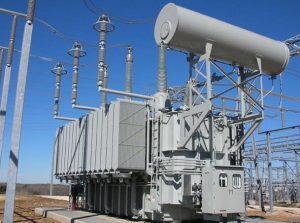
Managing Director of TCN, Sule Abdulaziz, disclosed that the company would deliver two units of 330 KVA power transmission substations in Katsina and Kano along with the transmission lines in the next two years to boost power supply in the country.
A statement issued by General Manager, Public Affairs of TCN, Ndidi Mbah, said on completion, the Katsina substation will improve the transmission of bulk power supply to Daura, Dutsima, Kankara and other parts of the North.
No doubt, the Buhari administration in its seven years had awarded several power contracts running into billions of dollars and trillions of naira, but improvement in the power sector has been at best negligible.
President Buhari’s administration has awarded a lot of power projects across the country aimed at guaranteeing the country a stable power supply but to no avail.
On assumption of office, ministers of power keep assuring Nigerians that they know the challenges of the power situation and that they have what it takes to remedy the situation.
But at the end of their tenures, they often leave the power supply worse than they met it, even after supervising the award of huge contracts and projects to boost the sector.
Former Minister of Solid Mineral Resources, Kayode Fayemi, recently said he knew the challenges of the power sector and possessed the magic wand to tackle them.
Fayemi, who is the Governor of Ekiti State and a presidential aspirant on the platform of the All Progressives Congress (APC), stated this while addressing Niger State delegates, assuring that if elected president, the country’s power challenges will be a thing of the past.
“I need your votes to continue the good legacies of President Buhari’s administration on several fronts. This government has done well in the economy, security and infrastructure development. The only area where there are still some challenges is power supply.
“If I emerge as the next president of the country, the challenges currently being witnessed in the power sector will be a thing of the past,” he said.
While the politicians are doing what they know how best to do in making promises, businesses in the country are closing down due to the failure of the power sector.
Most businesses that have not shut down operations now run skeletal services as a result of erratic power supply and rising cost of diesel.
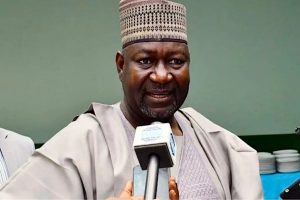
Only recently, President of the Manufacturers Association of Nigeria (MAN), Mansur Ahmed, told The Trumpet that members of the association were grappling with serious challenges of epileptic power supply.
Most Nigerians, who commented on the situation, lamented that successive administrations have failed the country in the area of power supply, wondering why 62 years after independence and huge funds invested in the power sector, the country still gropes in utter darkness.
They expressed sadness that it appears the more money the government spends on power, the worse it gets.
A public affairs analyst, Sam Nwajoba, berated the engineers in the ministry of power for the high level of corruption and compromise with foreign and local contractors to exploit the country.
Nwajoba alleged that the engineers and some senior civil servants were not being sincere with Nigerians and as such the more projects awarded and commissioned in the power sector, the more epileptic electricity supply Nigerians experience.
“The Federal Government is not sincere in its avowed commitment to delivering stable power supply to Nigerians. We are told that for every budget, about one power project or the other will be commissioned or about to be awarded. But despite that, the power generation has remained between 5,000 megawatts and 7,000 megawatts for years until recently when it crashed to below 4,000 megawatts.
“Politicians, top civil servants and engineers in the ministry of power are feeding fats from the various power projects while the country’s business sectors and the economy at large suffer.
“As long the government fails to make tough decisions and take concrete actions against senior civil servants and engineers in the Ministry of Power, Nigerians will continue to be told one story after another, while power supply remains erratic,” he said.
As the power situation worsens, Nigerians ask why has it become nearly impossible for successive administrations to deliver stable power supply in the country?


